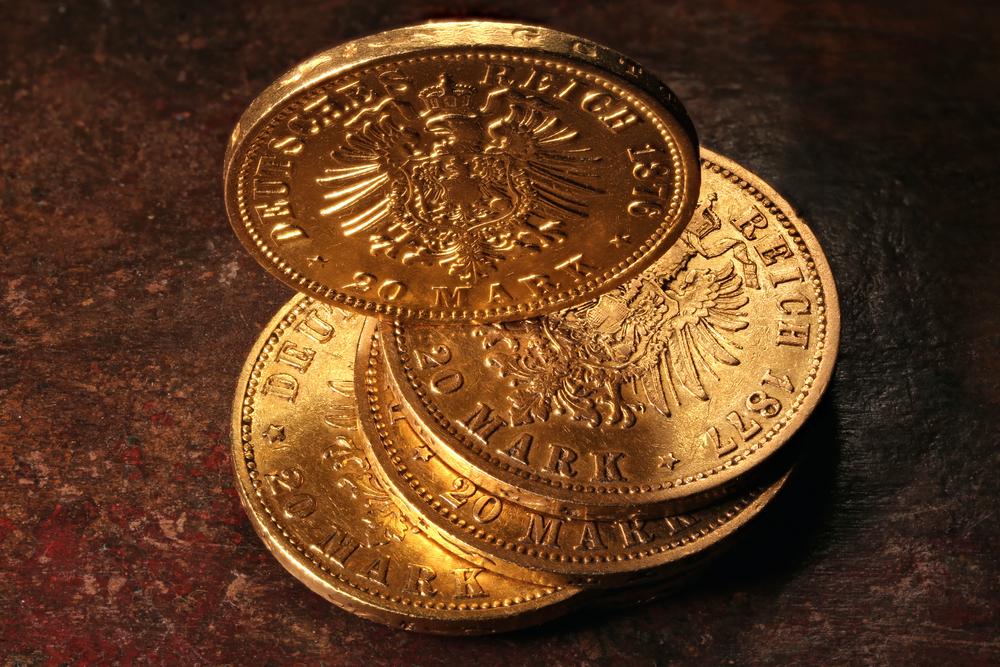Investing in Physical Gold: A Secure Choice
Explore secure and practical ways to invest in gold with this comprehensive guide. Learn about different gold forms, buying tips, and storage options to maximize your investment’s security and liquidity. Ideal for investors seeking reliable hedges against economic instability, this article emphasizes physical gold's benefits and offers practical advice for purchasing through trusted sources.

Investing in Physical Gold: A Secure Choice
Precious metals like gold and real estate have long been favored by investors for their consistent appreciation in value. Gold, in particular, acts as a safeguard against inflation and economic upheavals, making it an attractive investment option. Investors can choose from various methods such as purchasing physical gold, gold ETFs, or shares in mining companies. Consulting a financial advisor can help determine the best approach based on individual goals.
How to Invest in Gold Wisely?
You can convert your investment into gold by buying physical bars and coins, investing in gold ETFs, or purchasing shares in mining firms. Most experts recommend acquiring tangible gold for security and liquidity in crises.
Determine your objective before investing. Are you aiming for long-term growth, quick profits, or a hedge against economic uncertainty? Your goals influence the type and size of gold bullion you buy, whether coins, bars, or rounds.
Gold bullion typically comes in 1-ounce bars and smaller denominations. Larger bars are suitable for long-term holdings, but they require secure storage. Meanwhile, coins, although more expensive due to premiums, offer flexibility and ease of handling. They can be sold quickly at local coin shops or online marketplaces.
Purchasing gold online is convenient, with numerous reputable dealers offering secure transactions. Always verify dealer credibility through sources like the Better Business Bureau and reviews. Ensure products are genuine by dealing with established sellers that work directly with mints and distributors.
When buying gold coins, remember that dealers add a markup over the spot price to cover costs and profit. Aim for prices close to the current market rate and avoid numismatic collectibles unless you're an expert, as their value heavily depends on rarity and demand.
Note:
This platform provides valuable insights across various topics. While the information is researched and curated carefully, readers should consider it as part of broader research efforts. Relying solely on these articles for investment decisions is not recommended, and consulting a financial advisor is advised for personalized guidance.









